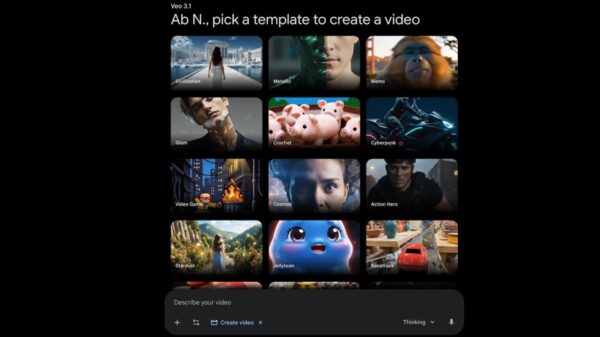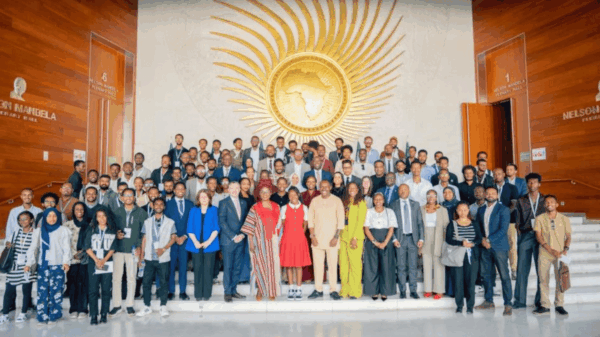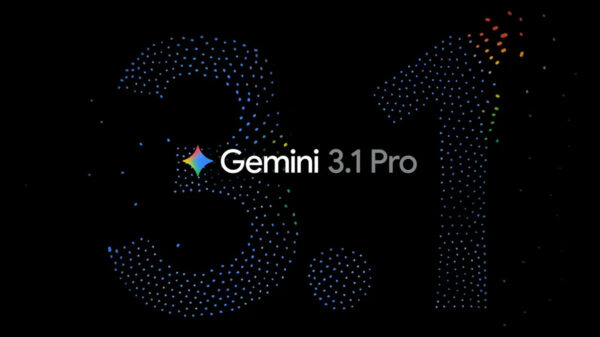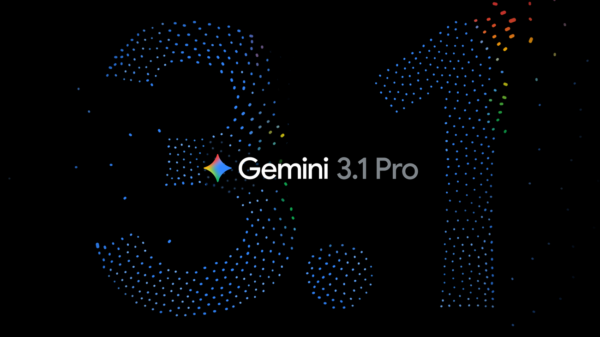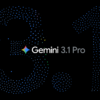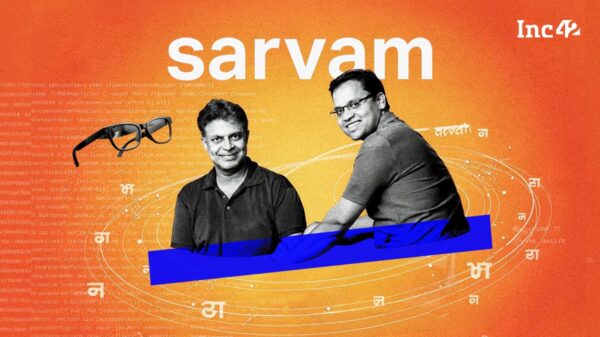As the landscape of information retrieval evolves, the growing reliance on AI chatbots like ChatGPT is raising concerns regarding their impact on learning. A recent study published in PNAS Nexus highlights a troubling trend: users who depend on AI for information often end up with a shallower understanding of the topics they explore compared to those who use traditional search engines.
Co-lead author of the study, Shiri Melumad, a professor at the Wharton School of the University of Pennsylvania, emphasizes that while AI chatbots can provide quick answers and summaries, this convenience comes at a cost. “When people rely on large language models to summarize information on a topic for them, they tend to develop shallower knowledge about it compared to learning through a standard Google search,” she observed in her analysis for The Conversation.
The findings stem from a rigorous analysis of seven studies encompassing over 10,000 participants. In these studies, participants were tasked with learning about a specified topic and were randomly assigned either to use an AI chatbot or a search engine like Google. After their research, they were asked to provide advice based on what they learned. The results revealed a striking pattern: those who utilized AI produced shorter, less detailed responses filled with generic advice. In contrast, users of search engines offered more comprehensive and thoughtful insights.
This trend persisted even when researchers controlled for variables such as the specific information provided to each group, indicating that the mode of information retrieval significantly influenced the depth of understanding. Melumad stated, “The findings confirmed that, even when holding the facts and platform constant, learning from synthesized LLM responses led to shallower knowledge compared to gathering, interpreting, and synthesizing information for oneself via standard web links.”
The study adds to a growing body of evidence suggesting that reliance on AI tools can adversely affect cognitive skills. Research conducted by teams from Carnegie Mellon University and Microsoft found that individuals who place too much trust in AI tend to experience a decline in critical thinking abilities. Additional studies have linked heavy reliance on tools like ChatGPT to declines in memory retention and academic performance.
“One of the most fundamental principles of skill development is that people learn best when they are actively engaged with the material they are trying to learn,” Melumad noted. She further explained that traditional search engines introduce “friction” in the learning process, requiring users to navigate various sources, read, and synthesize information on their own. In contrast, AI chatbots streamline this process, turning active learning into a more passive experience.
Implications for Education and AI Integration
As AI tools gain traction in educational settings, concerns about their potential misuse are mounting. While platforms like OpenAI, Microsoft, and Anthropic are investing heavily in training educators on utilizing AI effectively, the technology’s widespread availability raises the specter of academic dishonesty. Universities are not immune; partnerships are emerging to create tailored AI chatbots for student use, such as DukeGPT, developed in collaboration with OpenAI.
The debate about AI’s role in education is not merely academic. As these tools become integrated into learning environments, understanding their impact on cognitive processes and educational outcomes is crucial. The findings from this study suggest that while AI can provide rapid answers, it may compromise the depth of understanding that traditional research methods foster.
In conclusion, as the AI landscape continues to evolve, it is imperative for educators, students, and researchers to remain vigilant about the potential cognitive costs associated with relying too heavily on AI. The challenges presented by AI chatbots underline a critical need for developing strategies that balance convenience with the richness of active engagement in the learning process.
See also Top Free University AI Courses on YouTube Covering Machine Learning and NLP
Top Free University AI Courses on YouTube Covering Machine Learning and NLP Edtech Giants PhysicsWallah, UpGrad, and Unacademy Shift Focus Offline for Growth
Edtech Giants PhysicsWallah, UpGrad, and Unacademy Shift Focus Offline for Growth Freewillin Achieves Three-Year Streak on HolonIQ’s East Asia Edutech 150 List
Freewillin Achieves Three-Year Streak on HolonIQ’s East Asia Edutech 150 List PalFish Achieves $100M Revenue with AI Super Teachers, Targets 150% Growth in Southeast Asia
PalFish Achieves $100M Revenue with AI Super Teachers, Targets 150% Growth in Southeast Asia Educators Urged to Define Education’s Purpose Before Embracing AI Tech in Classrooms
Educators Urged to Define Education’s Purpose Before Embracing AI Tech in Classrooms






















































